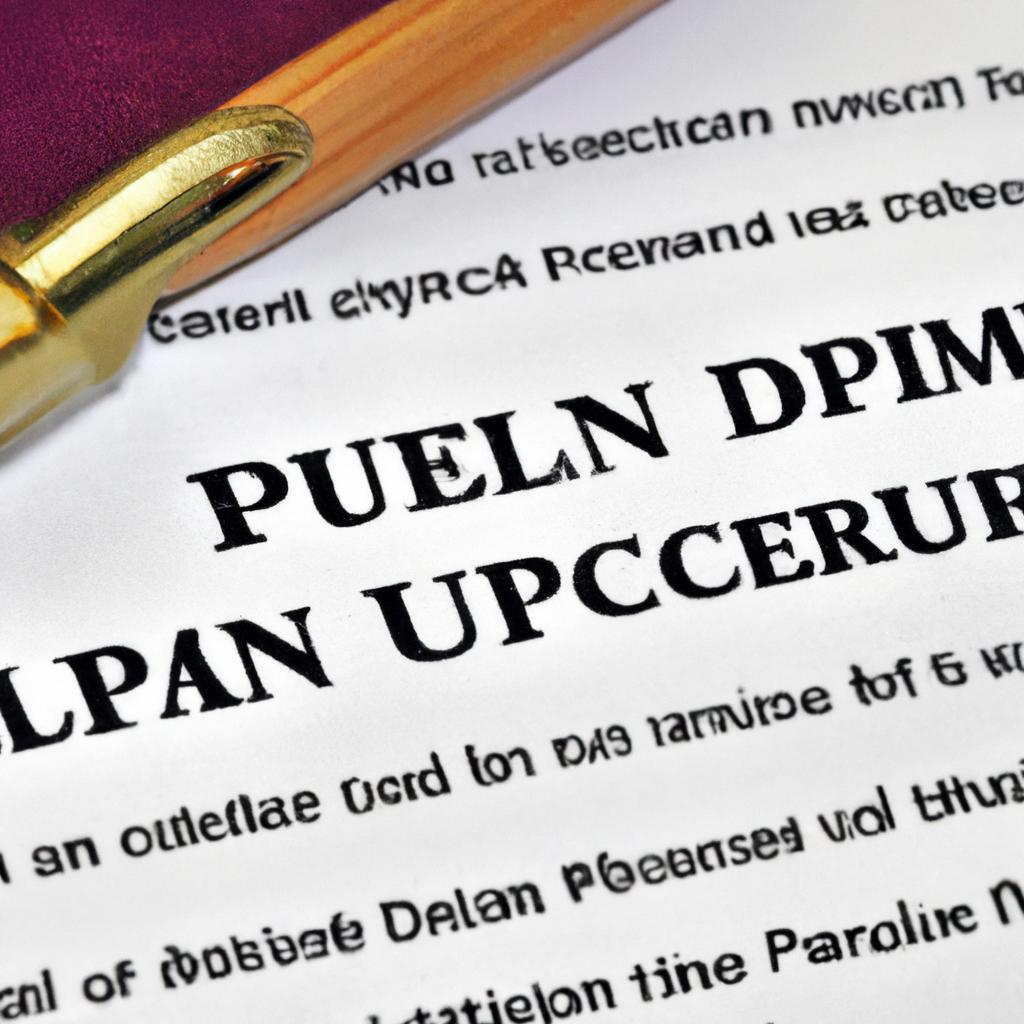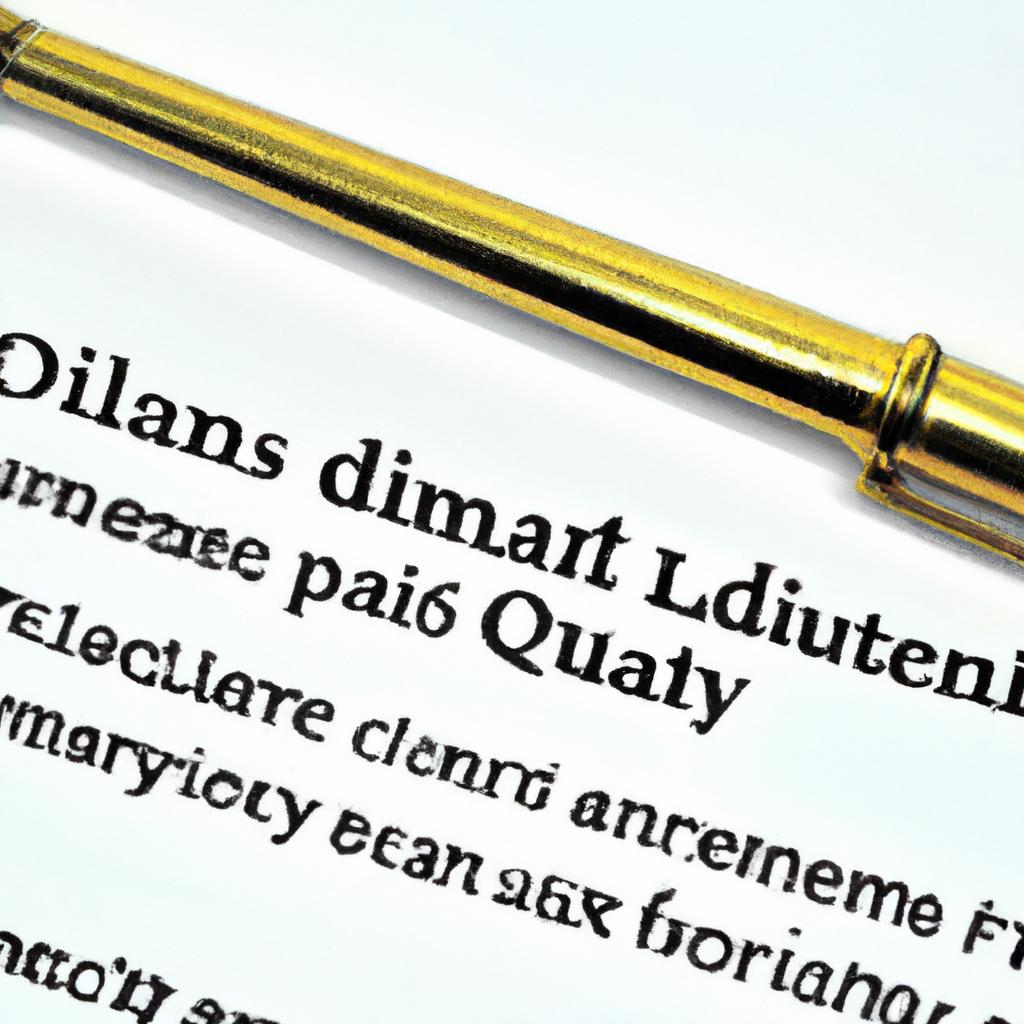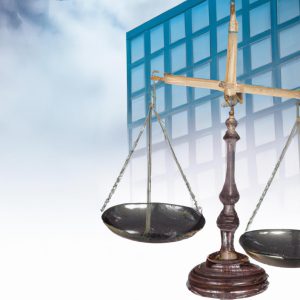When it comes to transferring ownership of real estate property swiftly and efficiently, a quick claim deed can be a valuable tool in your legal arsenal. As experienced lawyers at Morgan Legal Group in New York City, we specialize in estate planning, probate, elder law, Wills, and trusts, and understand the intricacies of navigating the process of executing a quick claim deed. In this article, we will guide you through the essential steps of how to properly execute a quick claim deed, ensuring a smooth and seamless transfer of property ownership.
Understanding the Purpose of a Quick Claim Deed
When it comes to real estate transactions, is essential. A quick claim deed is a legal document used to transfer ownership of real estate from one party to another. Unlike a warranty deed, a quick claim deed does not provide any guarantees or warranties about the property’s title. Instead, it essentially transfers whatever interest the grantor has in the property to the grantee.
One of the main reasons for using a quick claim deed is to facilitate a quick and straightforward transfer of property. It is often used in situations where there is already an established relationship between the parties involved, such as family members or business partners. Additionally, a quick claim deed can be used to clear up any potential issues with the property’s title, such as when there are discrepancies in the chain of ownership. Overall, can help ensure a smooth and efficient real estate transaction.

Key Components of a Quick Claim Deed
When preparing a quick claim deed, it’s important to include key components to ensure the transfer of property is legally binding and accurate. One essential element to include is the names of the grantor and grantee, clearly identifying who is transferring the property and who is receiving it. Additionally, the legal description of the property being transferred must be included to specify the exact location and boundaries of the land.
Another crucial component of a quick claim deed is the signature of the grantor, indicating their willingness to transfer the property to the grantee. It’s also important to have a notary public witness the signing of the deed to validate the transaction. Including a clause stating that the grantor is conveying all rights and interests in the property to the grantee helps protect both parties involved in the transfer.

Steps to Completing a Quick Claim Deed
In order to complete a quick claim deed, there are several important steps that must be followed to ensure the transfer of property ownership is done correctly and legally. Here are the key steps to take when completing a quick claim deed:
<ul>
<li><strong>Prepare the deed:</strong> The first step is to draft the quick claim deed document, outlining the details of the property transfer, including the names of the grantor and grantee, legal description of the property, and any relevant terms or conditions.</li>
<li><strong>Execute the deed:</strong> Once the deed has been prepared, it must be signed and notarized by the grantor in the presence of a notary public. This step is crucial to ensure the validity of the document and the transfer of ownership.</li>
</ul>
Common Pitfalls to Avoid When Using a Quick Claim Deed
When executing a quick claim deed, it is crucial to be aware of common pitfalls that could have significant legal repercussions. One of the most important things to keep in mind is the need for proper documentation and legal advice throughout the process. Without the guidance of a qualified attorney, individuals may overlook critical details that could invalidate the deed or lead to disputes in the future.
Another common pitfall to avoid is failing to conduct a thorough title search before transferring property with a quick claim deed. Without confirming the ownership history and any existing liens or encumbrances on the property, individuals risk assuming liabilities that they were not aware of. It is essential to take the necessary precautions to protect yourself and ensure a smooth transfer of property.
Q&A
Q: What is a quick claim deed?
A: A quick claim deed is a legal document used to transfer ownership of property from one party to another quickly and easily.
Q: When would you use a quick claim deed?
A: A quick claim deed is typically used when transferring property between family members, adding a spouse to the title, or removing a person from the title.
Q: How do you fill out a quick claim deed?
A: To fill out a quick claim deed, you will need to include information such as the names of the parties involved, a legal description of the property, and any considerations exchanged for the transfer.
Q: Do you need a lawyer to do a quick claim deed?
A: While it is not required to have a lawyer present when completing a quick claim deed, it is recommended to seek legal advice to ensure that the document is filled out correctly.
Q: How long does it take to process a quick claim deed?
A: The processing time for a quick claim deed can vary depending on the state and county where the property is located. In general, it can take anywhere from a few days to a few weeks to process the transfer of ownership.
In Retrospect
As you can see, completing a quick claim deed doesn’t have to be a daunting task. By following the steps outlined in this article, you can ensure that the transfer of property ownership is done quickly and efficiently. Remember to always consult with a legal professional if you have any questions or concerns throughout the process. With a little knowledge and preparation, you’ll be on your way to making a smooth property transfer in no time. Good luck!







